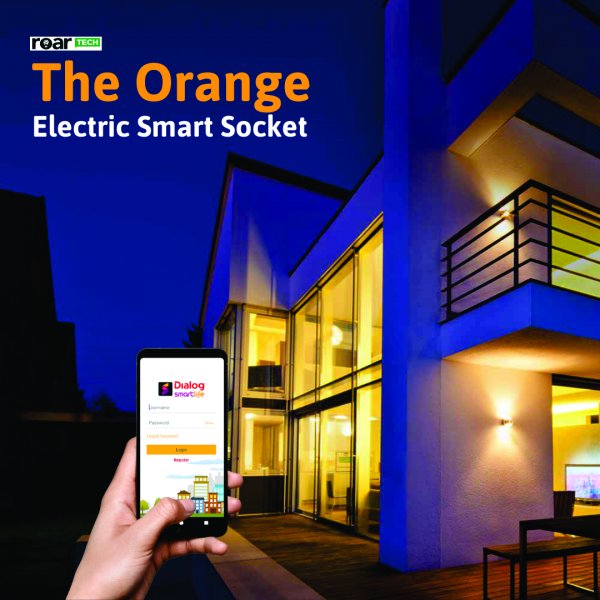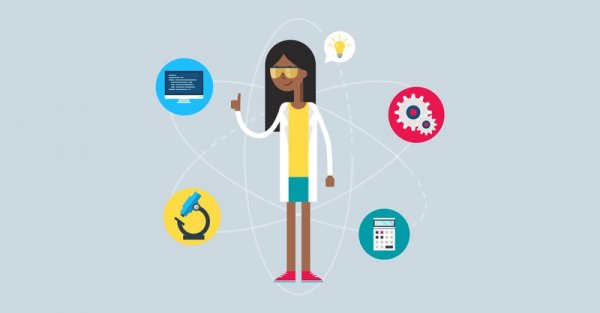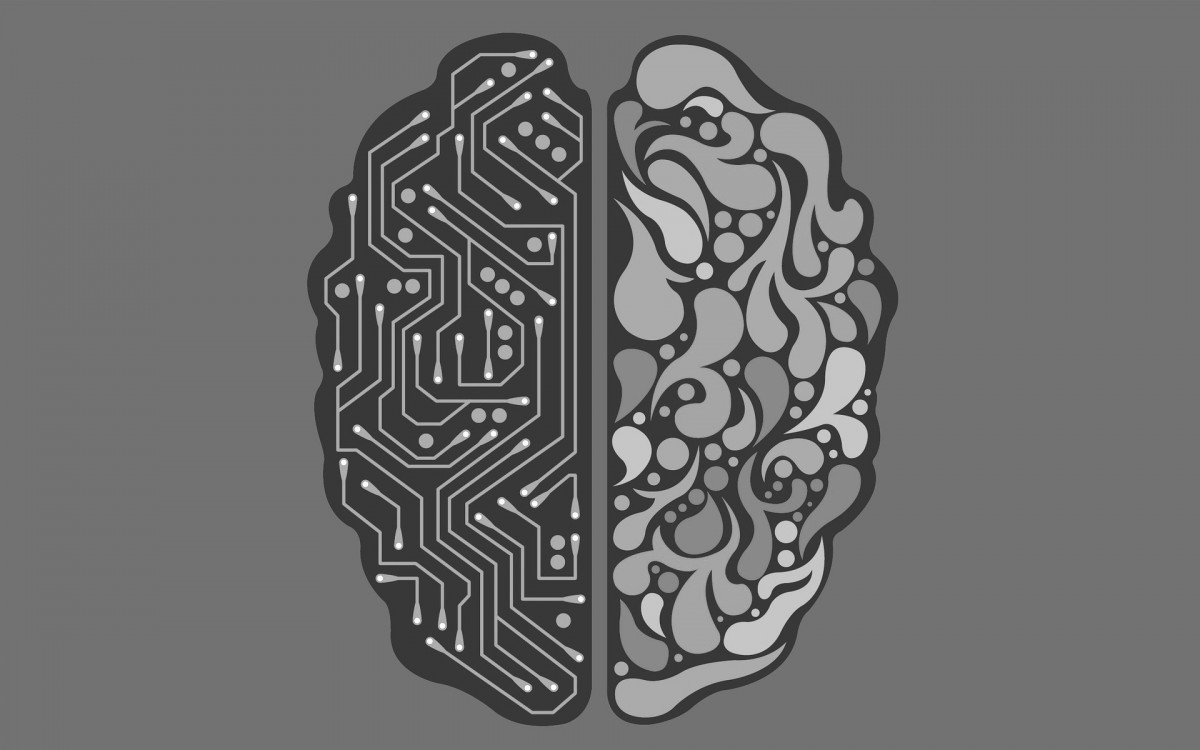
Brought to you by HSBC
![]()
Electronic medical records is the foundation of moving towards digital patient records, but the biggest change in how healthcare will change in the future lies in technology that’s far more advanced than storing records in databases and printing out a lab result.
Artificial intelligence, virtual and augmented reality and even the simpler form of technology utilised in telehealth are playing its part in bring a higher level of healthcare and one that is far more accessible to all of us.
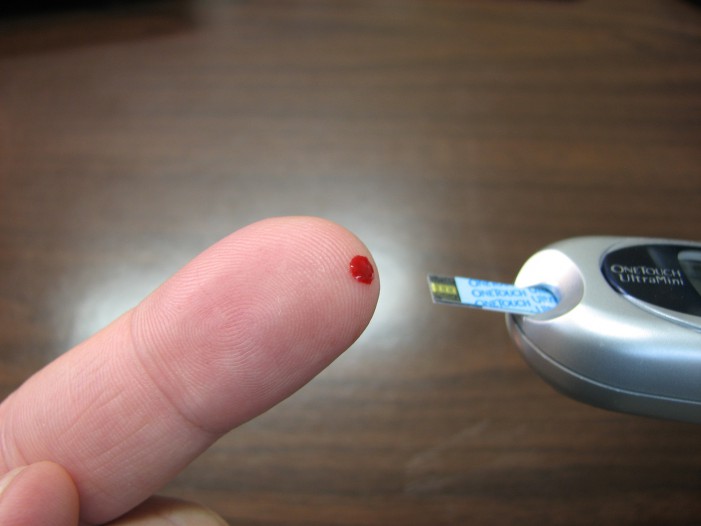
Artificial Intelligence can assist in the treatment and prevention of diabetes. Source: pixabay.com
Studying Patterns and Diagnosis
Sometimes a visit to the doctor is not necessary, yet, due to the clutter of information and how-to sites on the web, finding trusted sources is tricky. It’s quite easy to turn to Wikipedia to diagnose your ailment, but that’s where artificial intelligence and big data can revolutionise healthcare.
On the clinical side of things, doctors can utilise deep learning tools such as IBM’s Watson for Oncology which can help Oncologists formulate the best treatment plans for their patients. By analysing data, a lot of the guess work and hours spent researching are taken out of the picture, and the result is a faster, and more efficient patient care process.
Using artificial intelligence, chatbots or virtual assistants could bring a new and improved experience to self-diagnosis, lowering the burden on clinical resources, and even assisting in the treatment process. Combining big data, deep learning and other advancements in artificial intelligence, having chat bots that could prescribe the best medicine to treat your back pain or headache is a reality that’s fast approaching. The UK’s NHS already utilises a chatbot to dispense medical advice with a goal of reducing the burden on its non-emergency helpline.
Artificial intelligence has spread across many areas of healthcare. They now provide analysis of lab results, pick up visual and audio cues to learn the mindstate of the patient, detect tuberculosis, and treat military veterans for PTSD. The options seem limitless, and as we continue to make progress, artificial intelligence can play a massive part in improving our healthcare systems.

Virtual reality has proven to be an effective way of treating phobias. Source: pixabay.com
Creating New Realities for Better Healthcare
Those in the virtual reality and augmented reality field keeping finding ways to change how healthcare is delivered to us, and at present its ability to be a major player in treating patients and training clinical staff is often cited as its strength.
Virtual reality has the ability to help relieve pain in those that may suffer from chronic pain or even the symptoms of ghost pain. Physical therapy has proven to be an area where patients that have undergone treatment utilising this form of technology over traditional methods have had positive results.
Controlling or even removing phobias that people may suffer from is perhaps one of the oldest uses of virtual reality in health care. Suffering from phobias can be debilitating, and can greatly reduce quality of life and increase stress levels. Virtual reality has utilised the process of graded-exposure therapy, which is a slow form of introduction to a person’s phobia in efforts to overcome them, and serves as a perfect catalyst to this therapy, especially in the cases of where the phobia may come in the form of an animal or subject that cannot be easily controlled.
It doesn’t cease there, as virtual and augmented reality is a great tool in training clinical staff such as doctors and nurses. Games companies are part of the space too, as they are building games that offer physical challenges that can help in the rehabilitation process, but also offer insights into what someone with a certain condition faces. For example, virtual reality could put you in the place of someone that is wheelchair bound, or someone that may be colour blind, and thus create better understanding and empathy of people with conditions that can often make them feel isolated and misunderstood.
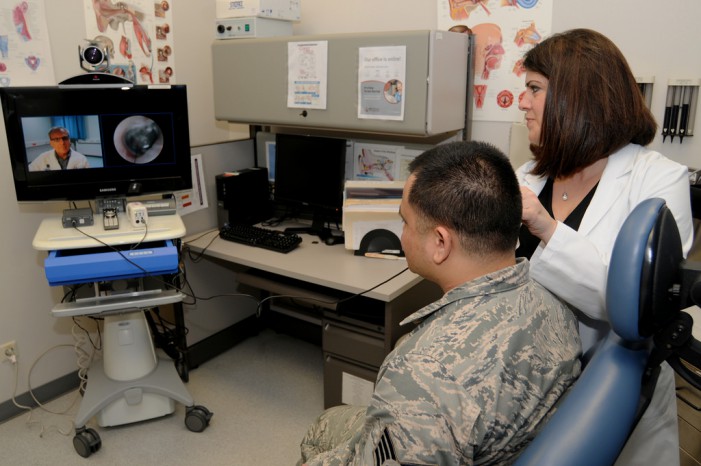
Remote diagnosis is gaining popularity due its many use cases. Source: flickr.com
Bringing Your Doctor Home
Telehealth is a growing frontier in how healthcare is now being delivered to those that may not have access to it. Those that live in remote areas can live hours away from their closest doctor, and a lack of early diagnosis can lead to advancement in conditions that could have been treated if detected earlier.
In a world that’s so connected, it’s easy to forget that not everyone has access to healthcare, and a trip to the doctor can mean a whole day spent travelling just to discover that the ailment was minor. That’s why telehealth is important, as it bridges the gap between patient and doctor, and can provide patients with access to leading doctors with the only requirement being an internet connection.
Patients that face the hurdle of disability can greatly benefit from having access to a doctor from the comfort of their home. By using telehealth, doctors stand to benefit as they do not have to spend time and expenses channeling, and can provide a personalised consultation without the hassle of a patient queue or the bustle of a hospital.
Future of Healthcare
Most of the primary technologies for healthcare such as artificial intelligence, virtual and augmented reality, and telehealth are already in place having been implemented in various parts of the globe. We can only imagine what marvels the integration of healthcare and technology can bring if it receives enough support.
The true disruption to healthcare will come once technology such as virtual reality and artificial intelligence becomes commonplace, so we may all experience a healthcare system that delivers us the best diagnosis and treatment every single time, and with great ease.
Get 30% off service fee when channeling a doctor with Doc 990 for all HSBC credit cardholders by registering before the 30th of September here.


